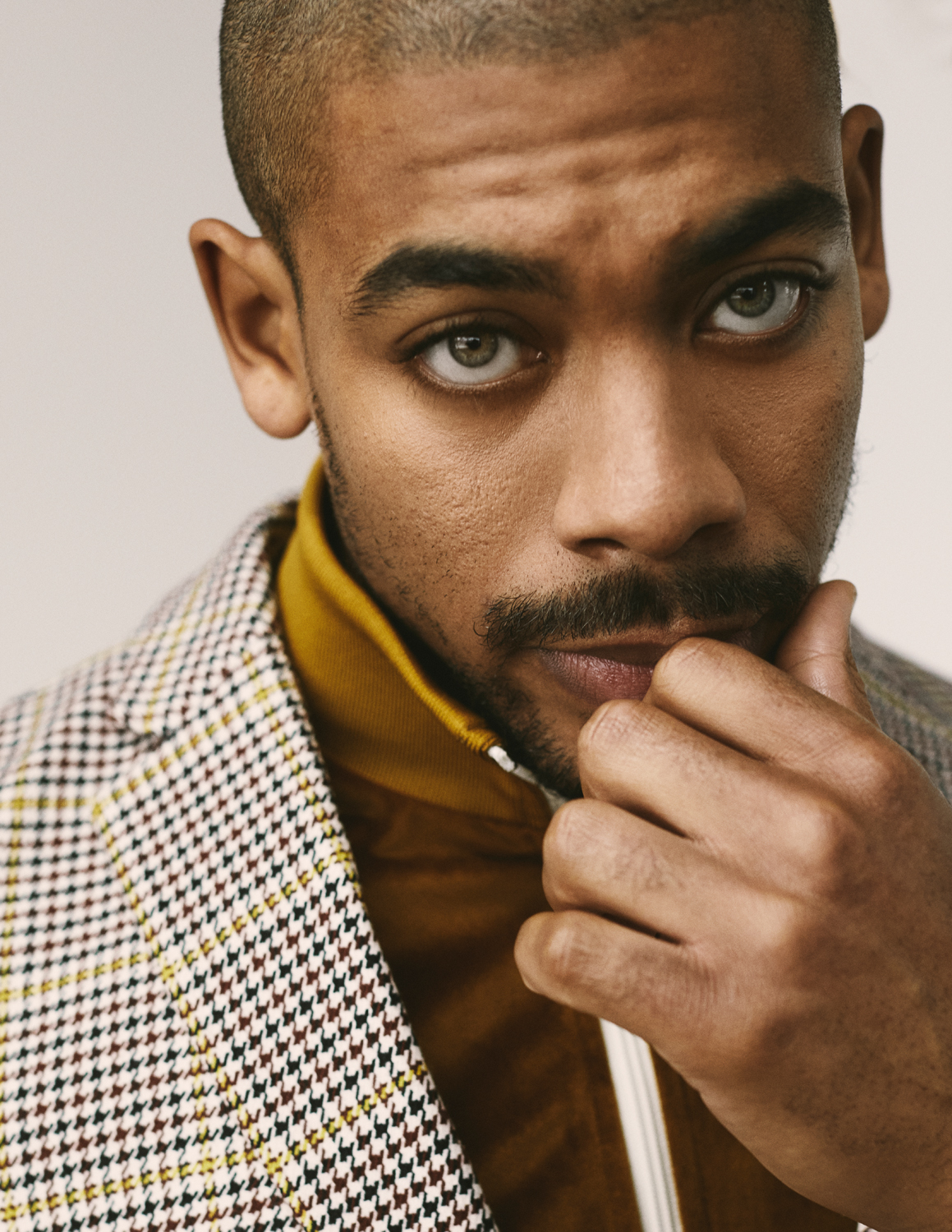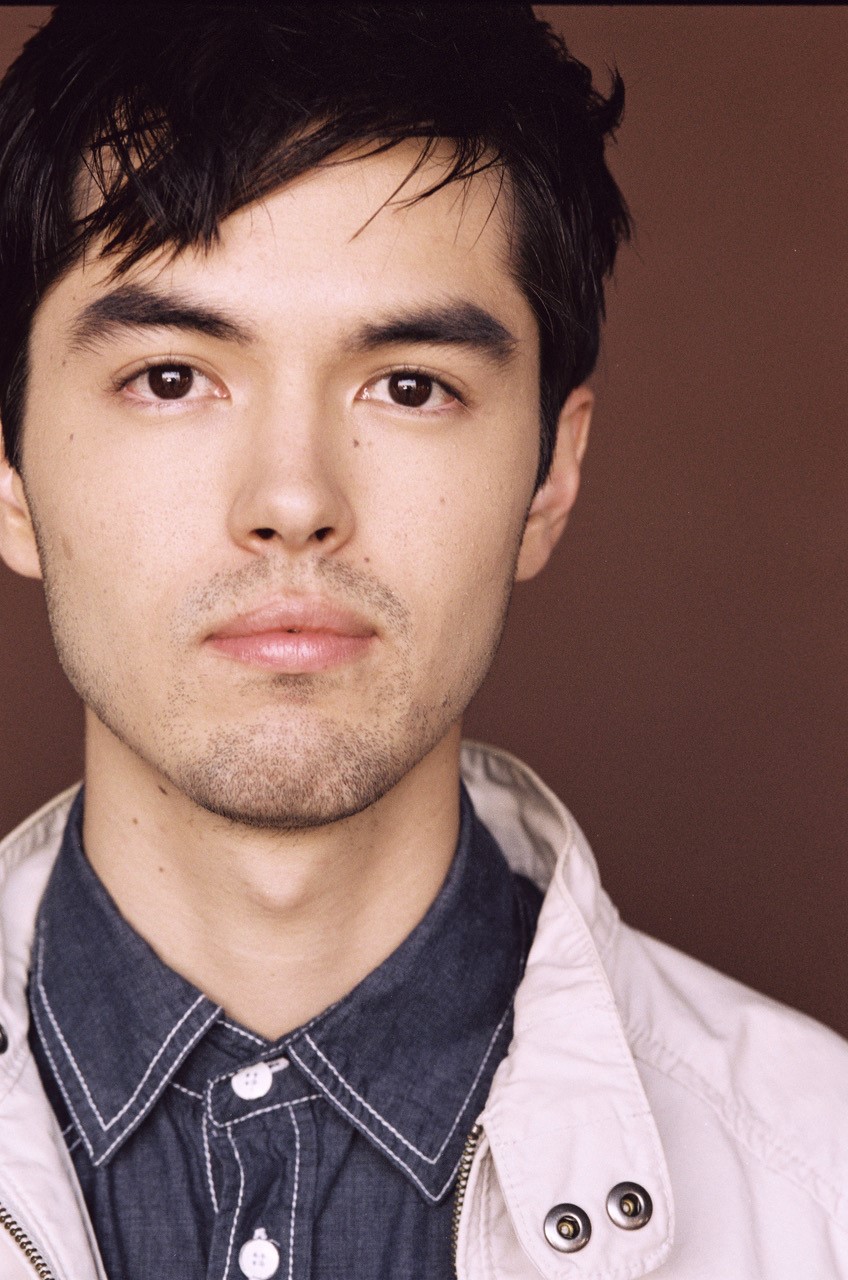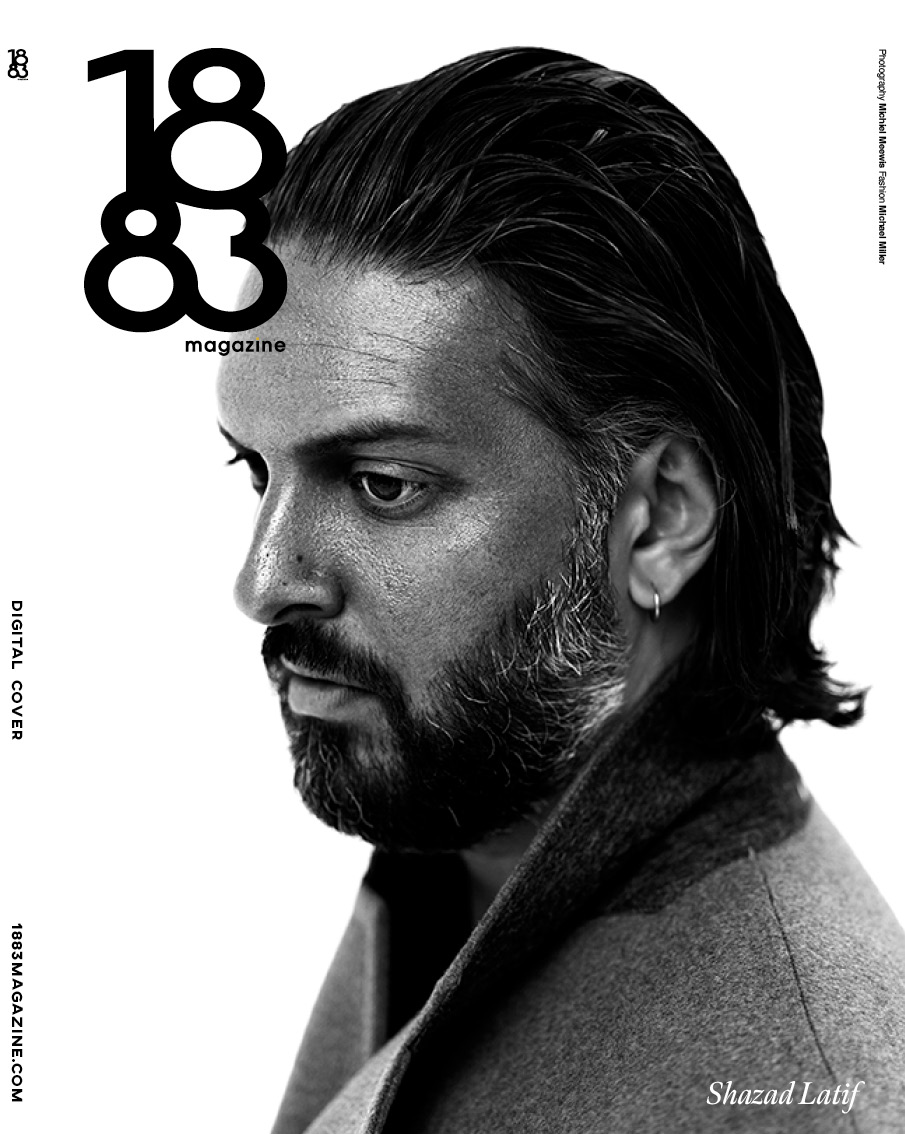Few actors can boast such versatile resumes as The Underground Railroad’s Aaron Pierre.
While talent is not something the British actor lacks, it must be said that humility and respect are also traits he values highly. Not taking any of the opportunities that he has been given for granted and always striving to imbibe as much authenticity into each role as possible, Pierre has already taken on many memorable and diverse roles on both the stage and screen. It was his portrayal of Cassio in The Globe Theatre’s 2018 production of Othello, in which Moonlight’s André Holland played the lead role, that led him to audition for Barry Jenkins’ limited series.
In The Underground Railroad, Aaron takes on the important role of Caesar, the character who both inspires and accompanies the show’s protagonist, Cora, on her journey to escape slavery. Under Jenkin’s direction, Pierre and the entire cast shine in the heart-wrenching adaptation of Colson Whitehead’s 2016 novel.
1883 spoke with Aaron about his path to acting, what draws him to a role, and what it was like working on The Underground Railroad.
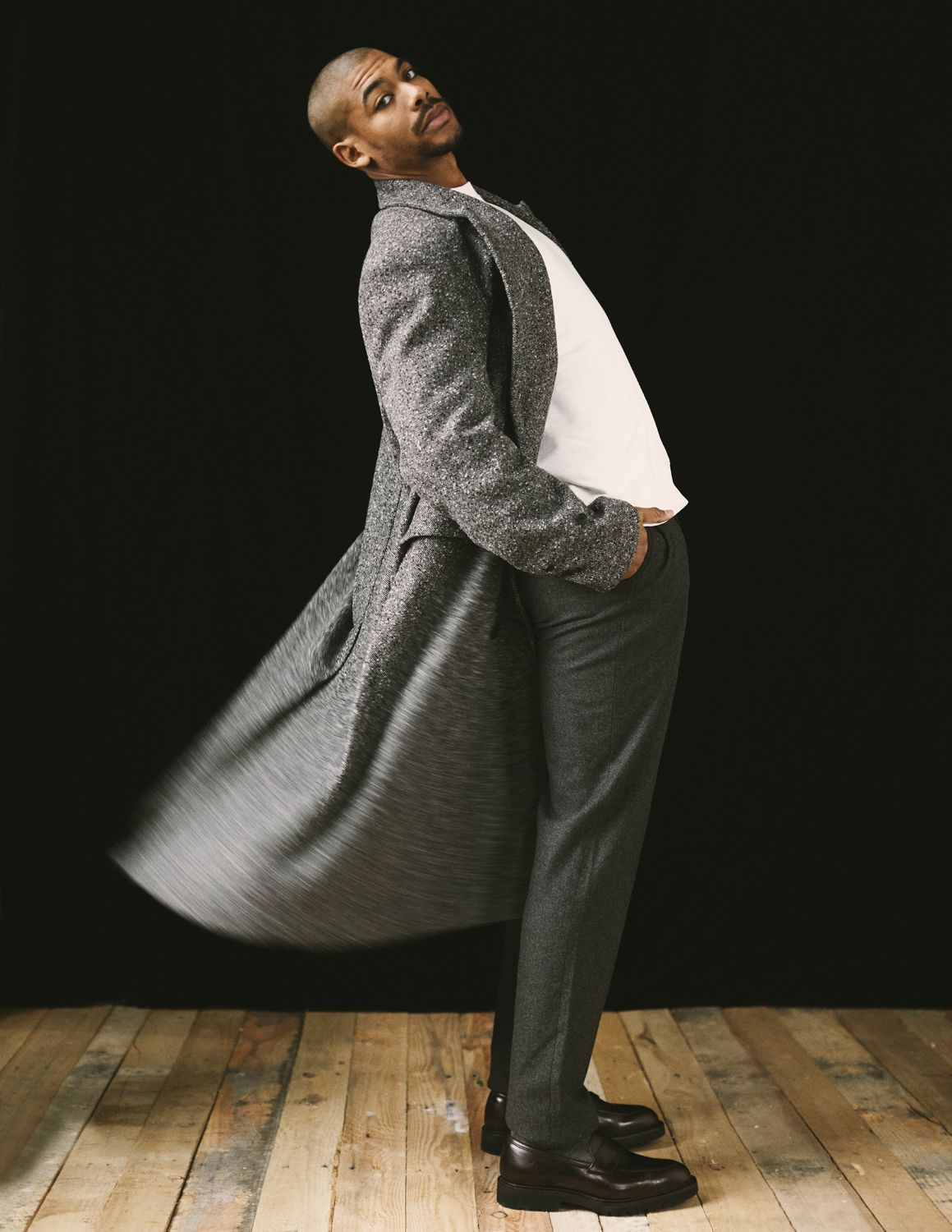
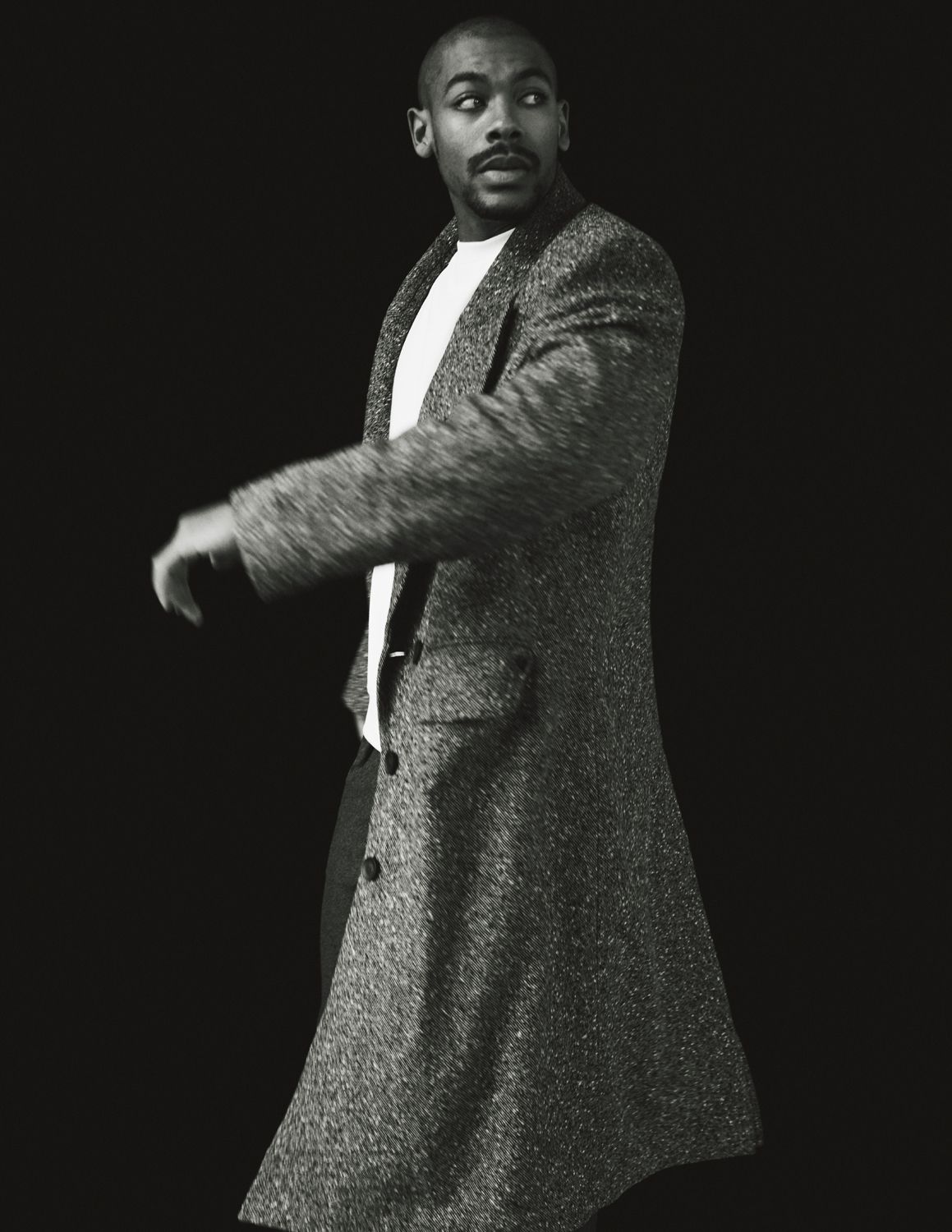 Coat Qasimi JumperMarks and Spencers Trousers Hugo Boss Shoes Tommy Hilfiger Socks Falke
Coat Qasimi JumperMarks and Spencers Trousers Hugo Boss Shoes Tommy Hilfiger Socks Falke
First off, I just wanted to say congratulations on what is shaping up to be a very exciting 2021 for you. With all of your upcoming projects, everything is setting you up to have a very diverse resume. How are you feeling about all the releases?
I am feeling an abundance of gratitude. I’m feeling blessed to have these opportunities and to be part of such important stories presented to me. It’s a very surreal moment because it’s something that I’ve always dreamed of — to be part of stories that resonate with me and are important to me and stories that I’m passionate about. So, I’m feeling very thankful.
To gain the incredible opportunities that you have, you trained at LAMDA. It’s a school that boasts many talented alumni. How did the experience shape you as an actor?
I started LAMDA in 2013 and I left in 2016. It was a great experience. I’m a real nerd, so I jumped at the opportunity to study this thing I love so much for three years. I had the opportunity to study different practitioners and different playwrights, everyone from Stanislavski to Meisner, Steinbeck to Roy Williams. It was a real honour and a real gift, I loved every moment of it. I think there are countless ways to begin your journey in this career and field, but I’m really happy that I chose that way because that was the journey that I wanted.
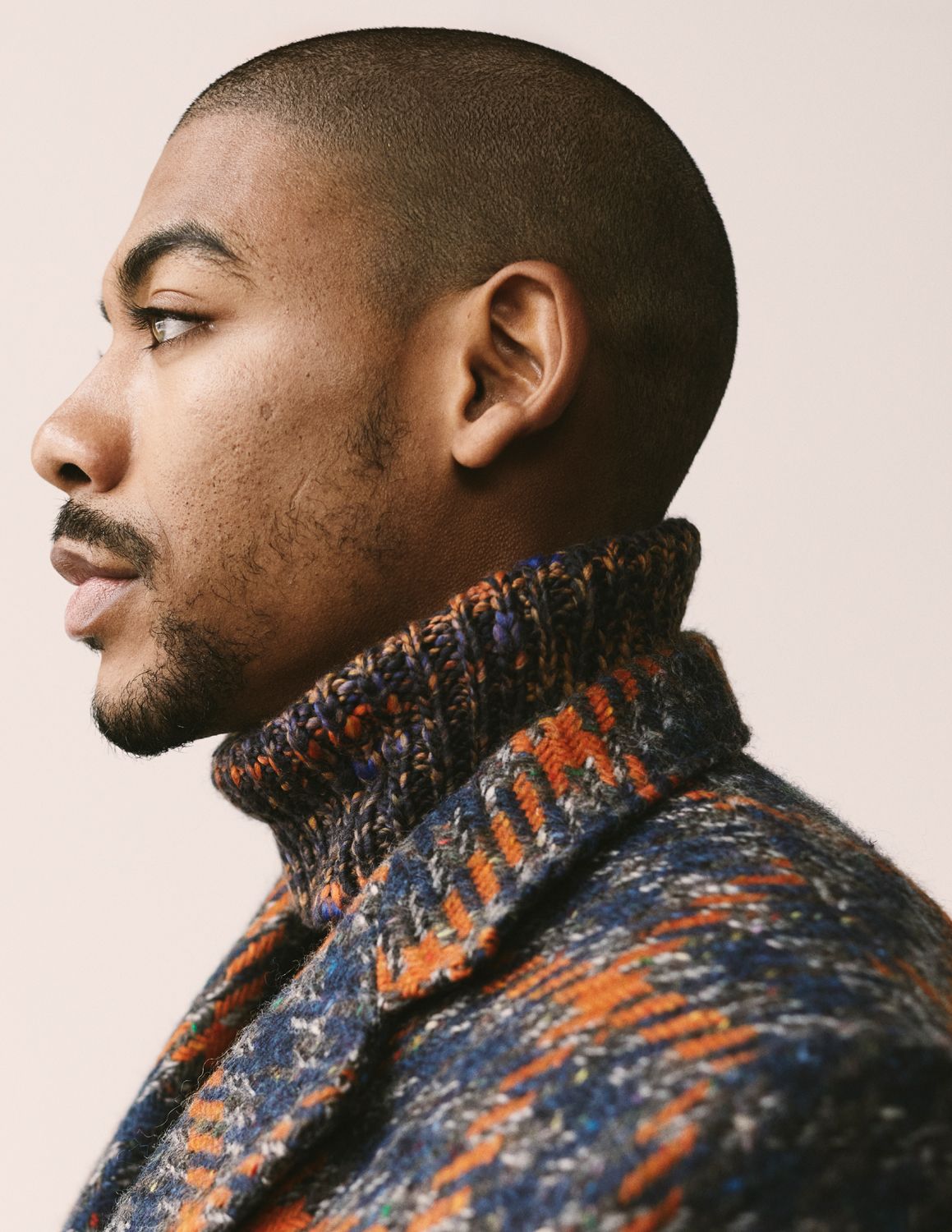
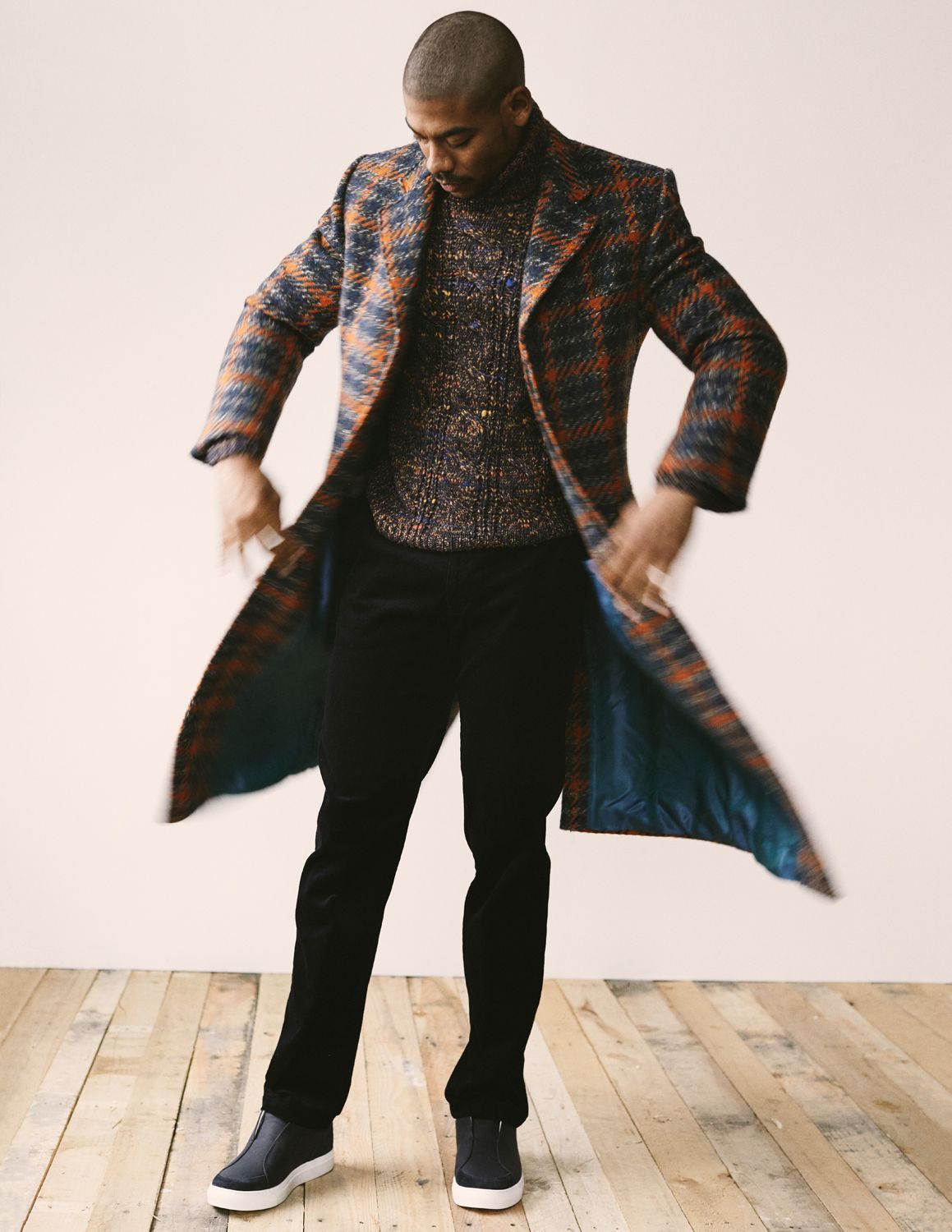
What was the best advice you received while there?
Throughout my career, from the most recent thing I’ve done and going back to the beginning, I think the pieces of advice that seem to stick with me and stay at the forefront of my mind boil down to this: every time you’re part of a project, try and tell that story with as much authenticity and truth as possible. Also, regarding theatre, whether there’s one person in the audience or there are 1000 people in the audience, always give the same energy and the same commitment because this person has committed their time to come and share the experience of your work.
You have done a lot of theatre work. For you, what are the main differences between theatre and film?
What remains the same is the objective to be as authentic and truthful as possible. I think the only thing that changes is the technical side of things. In one circumstance, you have to ensure that the auditorium feels included in the story and doing this involves a projection of the voice. Whereas, when you’re on screen, often you’re speaking into a microphone and the camera [the audience] is nearby. I think, for me, that is maybe the only difference.
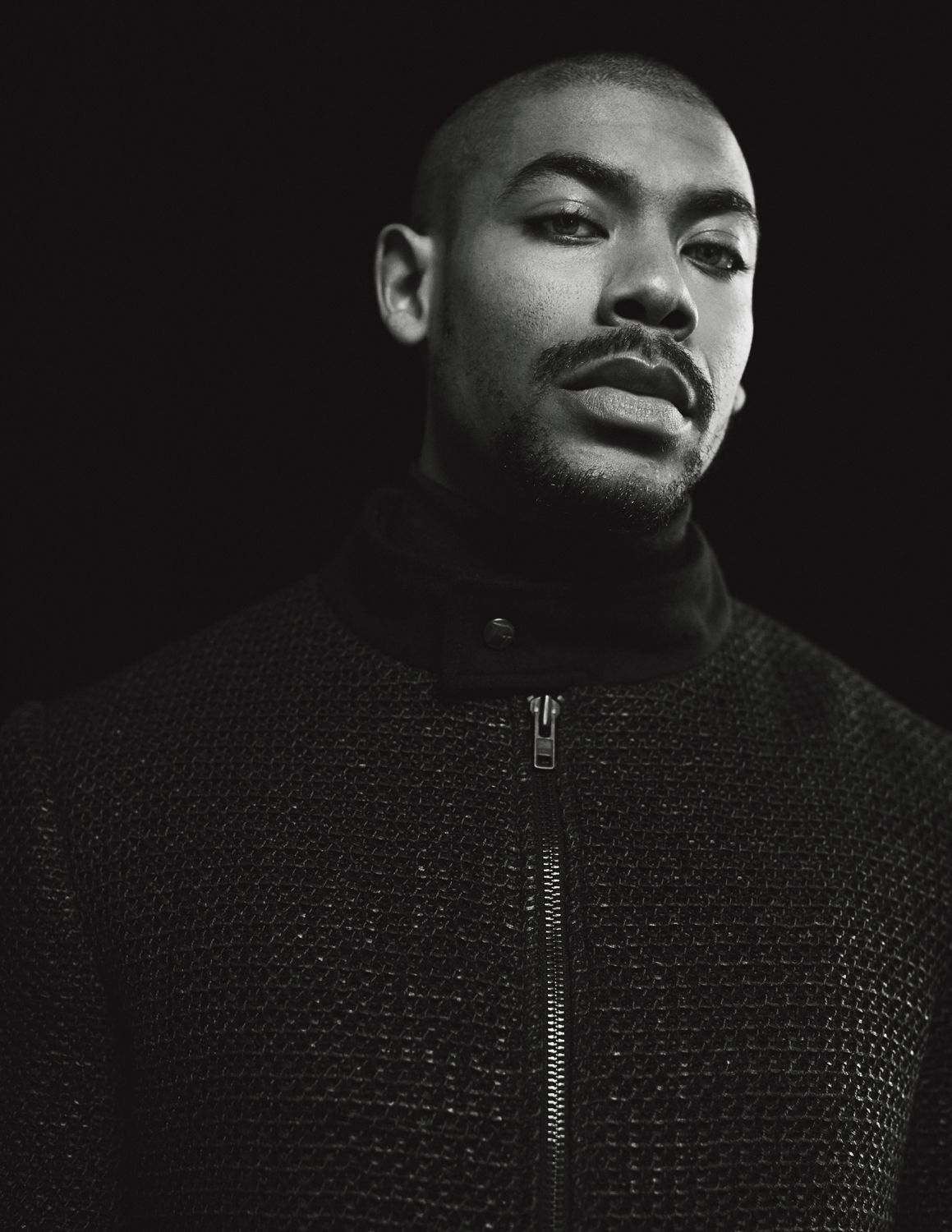
Do you prefer one format to the other?
No, I don’t. I’m very much driven by and drawn to where the story is. It’s not the medium that draws me nor is it a genre that draws me. It’s the story. A story can manifest itself in theatre, film or television as long as it’s one I’m passionate about.
In 2018, you played the role of Cassio in Shakespeare’s Othello at the iconic Globe theatre, what was that experience like?
It was a dream come true and it was very daunting. It’s so funny — you do the audition, you give it your everything, you really want it, and then when you get the job offer, you have this moment of euphoria and then you have this sudden realization that now you have to do it. I was very nervous at the prospect of performing at The Globe; it’s an open-air theatre that houses like 1500 audience members, so performing there was quite nerve-wracking. Luckily, I had an amazing director and an amazing support network in my fellow cast members. In the end, it was an unforgettable experience.
Previously, you have been part of some fan-favourite shows such as Krypton and Britannia. Those stories are unique because they aren’t stories that take place in our time or our world. Do you approach roles in these settings differently than you would ones based more on reality?
I think that when you are doing a story that is reality or a story that is based on history, there is a certain approach. Particularly in the case of The Underground Railroad, we are telling the story of, and doing our best to honour, those who were enslaved and living in these horrific circumstances against their will. I think naturally you approach it one way because it is real history and these things have happened. Whereas, regarding Krypton and fantasy, it’s different. You have the opportunity to invent this world in your mind and put the pieces together with those who are creating with you.
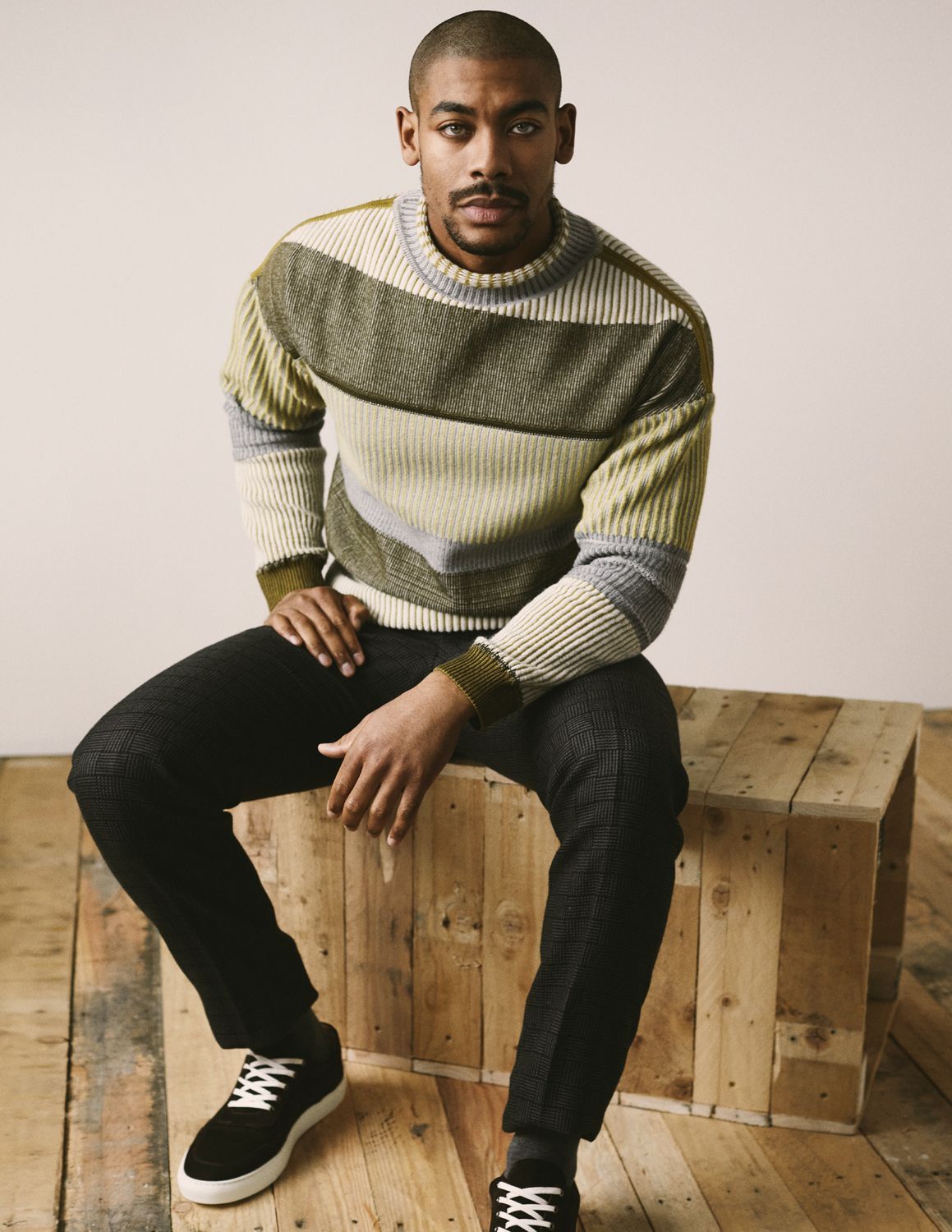
Speaking of The Underground Railroad, Barry Jenkins is known for poignant, heart-wrenching content. What was it like working under his direction?
Again, that was a dream come true. Before working with Barry, I often had conversations about how much I wanted to collaborate with him and work with him on something because of how much I admired and respected his work. To have the opportunity to be working on this project with him was a real gift. One thing that stood out for me throughout this experience was just Barry’s level of generosity with both his experience and his wealth of knowledge. He was so giving. He, to me, is the epitome of the leader and director. He handled this project with such care and such sensitivity and thoughtfulness. A testament to what a fantastic director and man that he is was his request to have a guidance counsellor present on set at all times because the wellbeing of everyone working on this project was at the forefront of his mind.
That’s so amazing to hear. The Underground Railroad is very raw. As a viewer, what is seen on screen, whether it is dreadful or joyous, constantly has this emotionally raw undertone. As an actor, as you were filming, was it a similar experience?
For me, being part of this process, one of the things that were at the forefront of my mind from the very beginning was to ensure that I kept myself mentally, spiritually and emotionally in a positive space. I just made sure that I kept checking in with my wellbeing, which was made possible, again, by the incredibly supportive environment that Barry created. It was very challenging and it was very difficult. I think something amazing was just how much everybody involved supported each other and lifted each other in this common objective; this same objective to tell this story as truthfully and authentically as possible and to do our best to honour those who experience these horrendous circumstances.
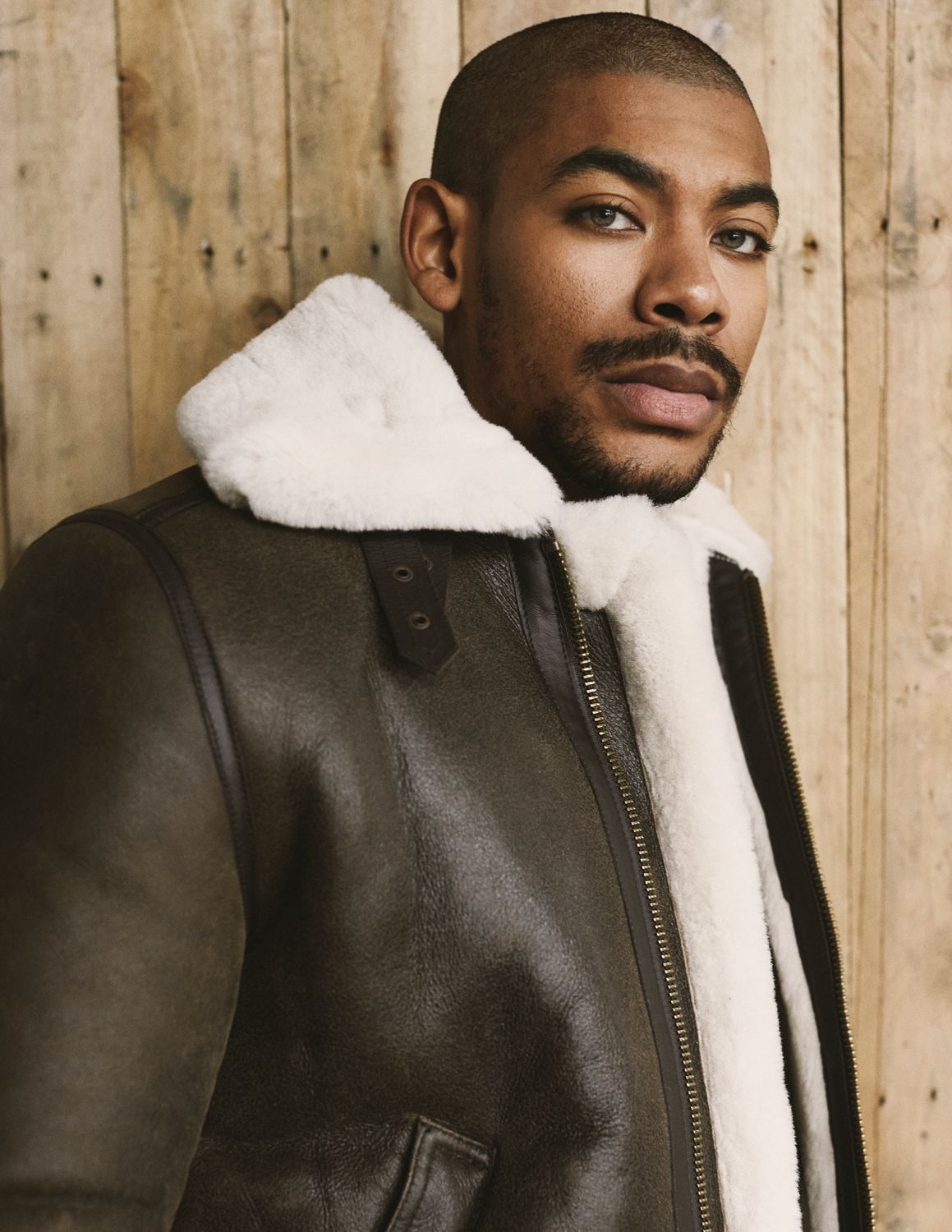
Your character in The Underground Railroad, Caesar, is in some ways the catalyst to everything that takes place in the show. He both inspires and urges Cora to escape to the plantation. What were your favourite things about him as a character?
I think, to me, Caesar is one of many catalysts. I truly believe that Cora already had within her everything that she needed to go on this journey. I think that Caesar perhaps just added a little fire to what was already a burning flame within her.
Did you learn anything from the character?
With Caesar, my perspective was just one of admiration and respect. This is a man who was born in Virginia, he was promised manumission, that manumission wasn’t granted, and he was then taken to the plantation in Georgia where the audience first meets him. I think to have the magnitude of strength to endure such things and to go on such a journey is incredible.
What do you hope audiences take from the Underground Railroad?
I think as a global community, and as a human race, we have a very, very long way to go regarding empathy, understanding, and unity. I hope that this series will contribute to that conversation and hopefully encourage audiences to reflect on themselves and ask what it is they can do that is conducive to progress in these areas.
To close — you’ve already played a wide variety of roles, but what is your dream role?
Wow, that is a hard question. One of the many things that I would love to do is have the opportunity to work with more of my inspirations. It would be amazing to work with Viola Davis or Denzel Washington. I would also love to have the opportunity to be involved with more August Wilson’s work.
The Underground Railroad is out now on Amazon Prime Video.
Interview by Sydney Bolen
Photography David Reiss
Top image credit
Suit Blazer with attached jacket Scotch and Soda

